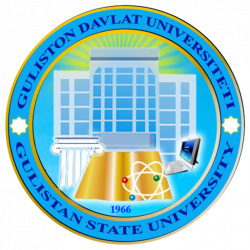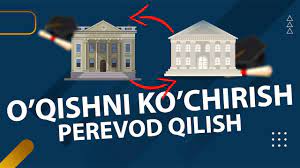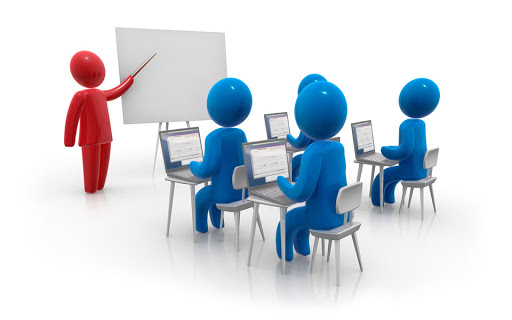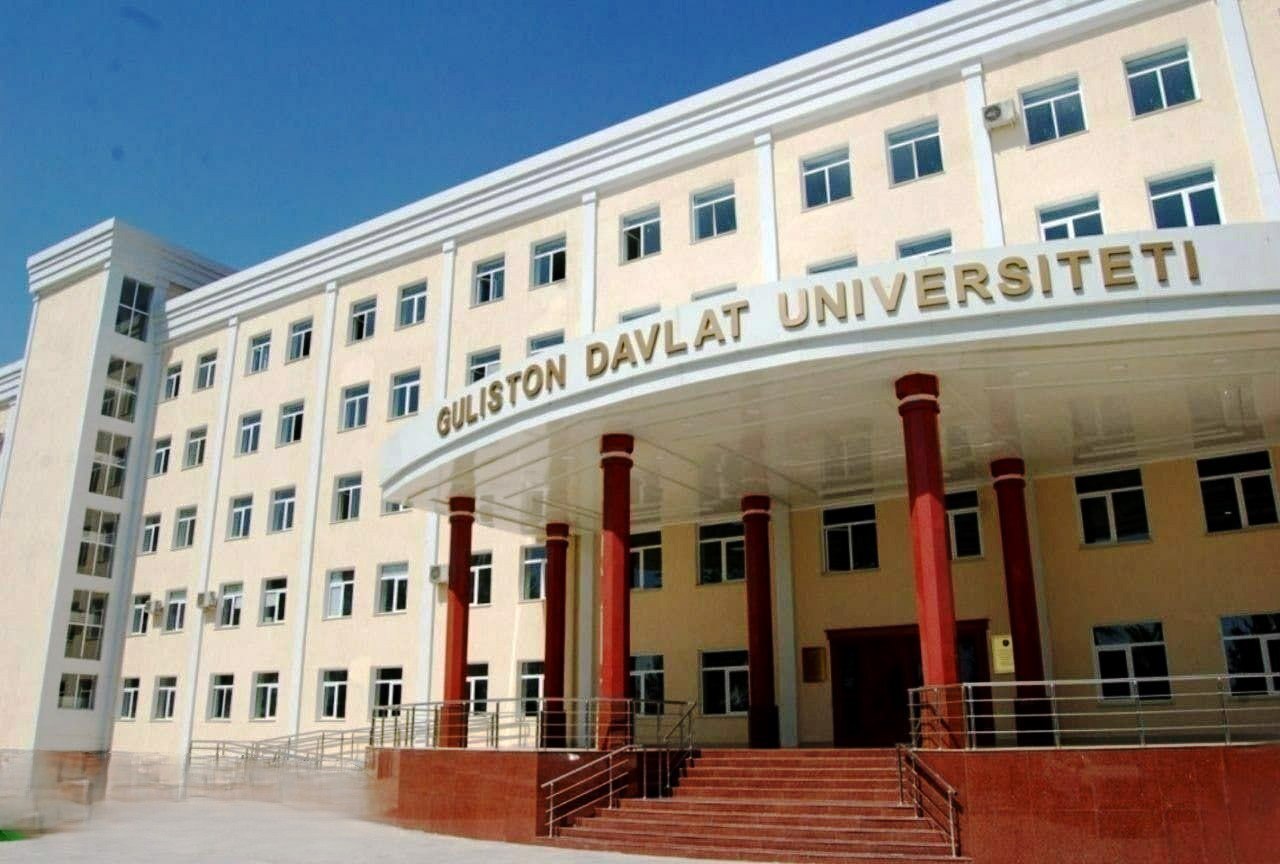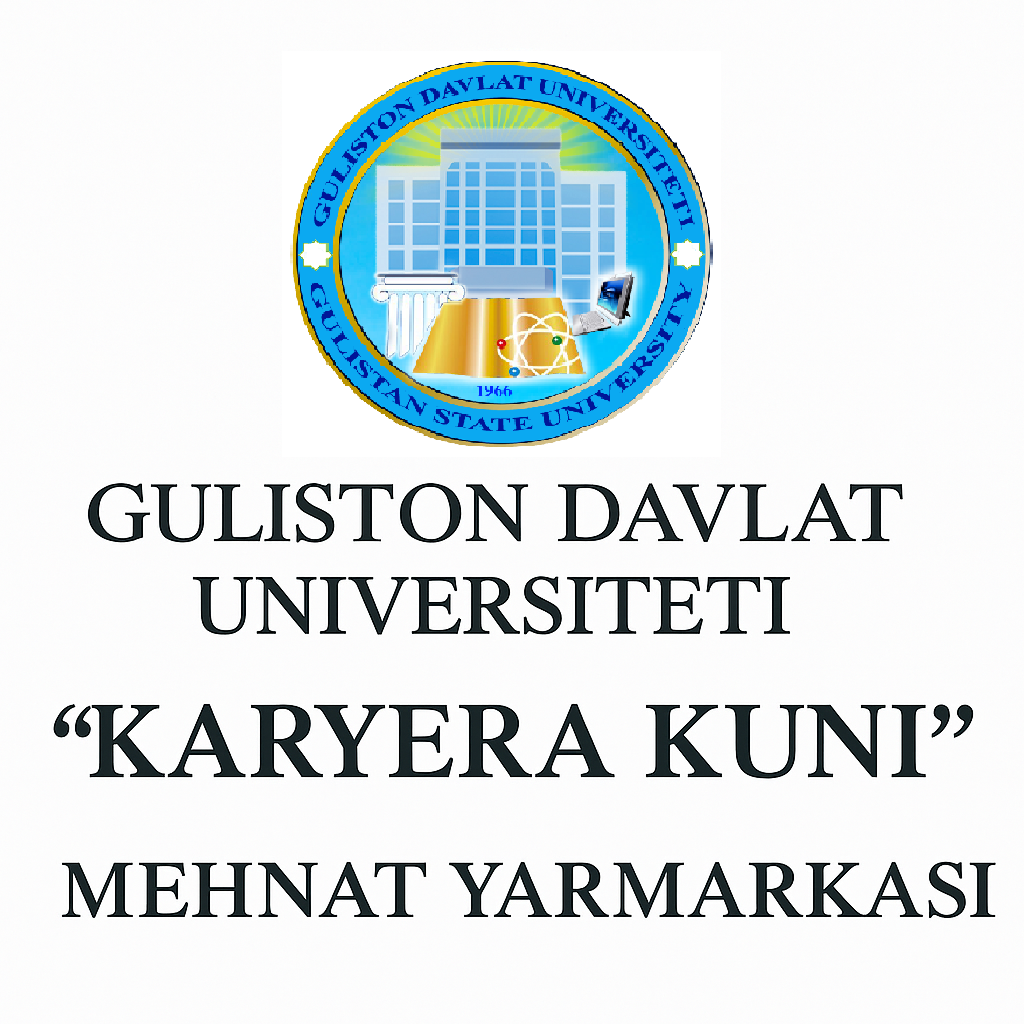Department of Mathematics
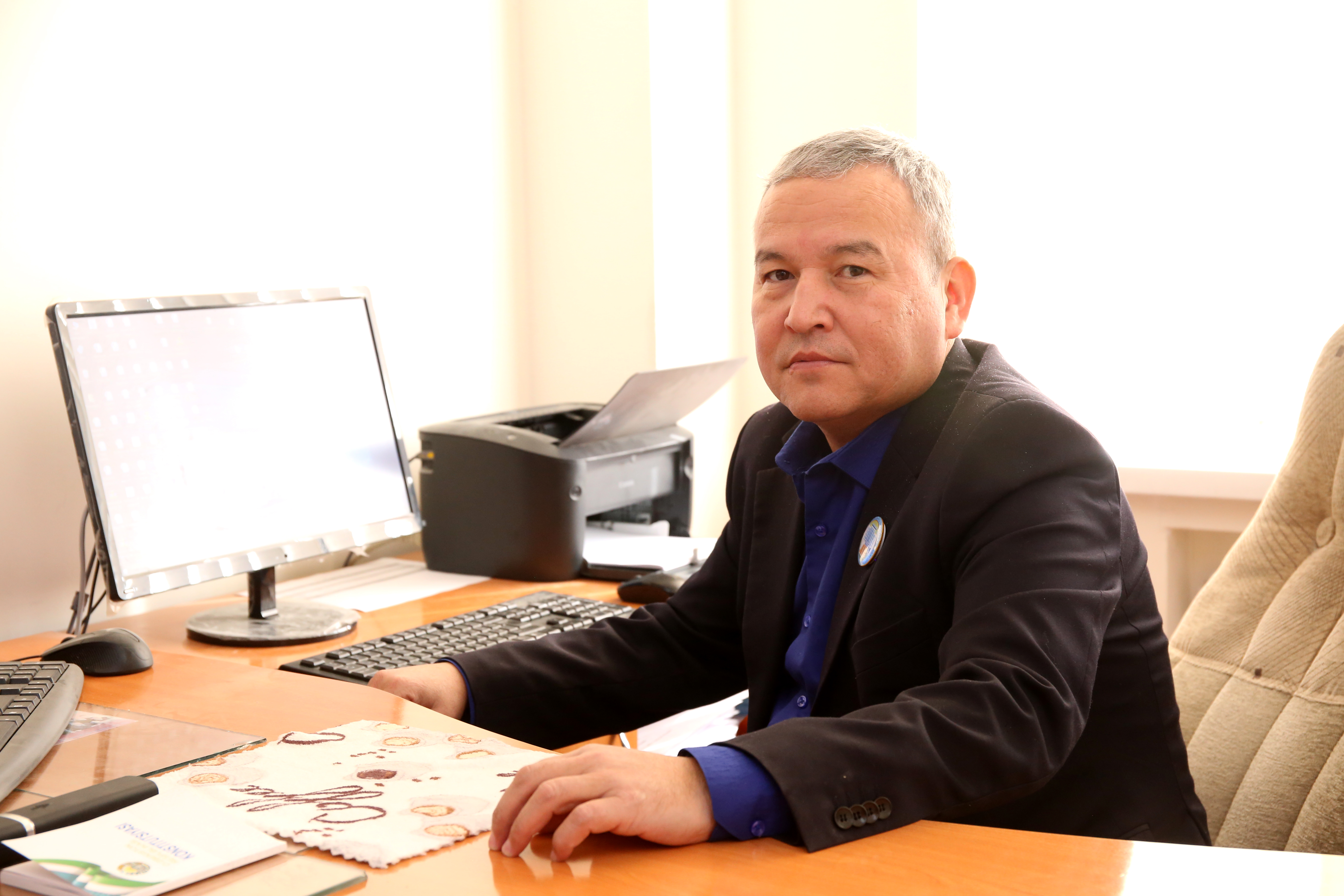
Head of the department: Gaimnazarov Olimjon Gulmurodovich
Doctor of Philosophy in Pedagogical Sciences (PhD)
Reception days: Tuesday - Wednesday (14:00-16:00)
Русский, английский
+99897-224-56-00
GAIMNAZAROV_OLIMDJON@guldu.uz
O.G. Gaimnazarov completed the 72-hour distance course "Technologies of distance education organization", the 72-hour distance course "English (Beginner)", the 72-hour distance course "Digital technologies and digital economy" and the 24-hour distance course "Organization of educational processes based on the credit-module system".
O.G. Gaimnazarov teaches lectures, seminars and practical training to the 1,2,3,4-year students on the following subjects listed in the curriculum at the University of the Department of Mathematics: Analytical geometry, Mathematics teaching methodology, Special subject teaching methodology, General education Comprehensive design of the process of mathematics education in secondary educational institutions, History of mathematics.
Interactive methods such as "brainstorming", "personal opinion", "pinboard", "case study", "blitz survey" and "projecting" are widely used in the teaching of subjects. Multimedia materials (presentations and videos, self-monitoring tests, problem cards) have been prepared for all lectures using information and communication technologies from these subjects and are being used during the teaching process.
In the academic year 2021-2022, he supervised 3 students’ Master's theses: Kadirova Nargizakhan "Approximation of the Fourier integral", Yusupov Giyosiddin "Fourier transforms of a multivariable whole function", Turdiboyev Ilyasjon "For functions of two variables on Riess-type input theorems"
In the academic year 2022-2023, he supervised the graduation qualification work of 4 undergraduate students and 3 master's theses.
O.G. Gaimnazarov published more than 70 scientific works during his scientific and pedagogical experience. Among them, there is 1 textbook, 5 training manuals, 2 teaching-methodical manuals, more than 60 scientific articles and theses. Published scientific articles in the last 3 years:
1. Gaimnazarov O.G. Integration of the educational process in higher education institutions. "Continuing education in sustainable development: problems and solutions" collection of scientific works of the international scientific-practical conference. Chirchik, May 21-24, 2019.
2. Gaimnazarov O.G. The process of formation of professional culture in the conditions of informatization of education. Materials of the 16th scientific-practical conference of the Republic on the topic "Actual problems of integration of education, science and production in the formation of an active investment environment". Part II, Samarkand, June 7, 2019.
3. Gaimnazarov O.G., Kochkarov M. Professional culture in the conditions of informatization of education. Higher education reforms: achievements, problems, solutions. Proceedings of the republic scientific-practical conference. Tashkent, October 25-26, 2019.
4. Gaimnazarov G. Gaimnazarov O.G. Nekotoro'e svoystva funktsiy v prostanstvax Lp , i Hp , Materialo' mejdunarodnoy nauchntsii "Actualno'e problemo' praktonoy mathematiki i information technology". Tashkent, November 14-15, 2019.
5. Gaimnazarov G., Gaimnazarov O.G., Arslonov U.O. Relationship of the production small-order functional multivariable in Lp(n). Materialo' mejdunarodnoy nauchnoy conference "Contemporary problem of differential equation and differential equation mathematics". Fergana, March 12-13, 2020.
6. Gaimnazarov O.G., G.Gaimnazarov, B.Saifullayev about "Surprising functions". Education, science and innovation, spiritual-enlightenment, scientific-methodical journal, issue 1, 2021.
7. Gaimnazarov O.G., Anorbaev M. The role of collective education in students' independent work. Applications of mathematics to economic and technical issues and teaching problems. Republican scientific-practical conference. Andijan 2021.
8. Gaimnazarov O.G., Anorbaev M. Iz opo'ta obucheniya geometrii. Scientific journal "INTERNAUKA", No. 12(188), 2021 Moscow.
9. Gaimnazarov O.G., A.Yangibaev Methods of using information and communication technologies in teaching rotating bodies, Digital technologies in modern education: Innovative approaches and development factors in the field of pedagogy. Republican scientific and practical conference October 4-15, 2021.
10. Gaimnazarov O.G., G. A. Yusupov, I.S. Turdiboyev Economic education using modern pedagogical technology in the process of teaching mathematics. Digital technologies in modern education: innovative approaches and development factors in the field of pedagogy. Republican scientific and practical conference October 14-15, 2021.
11. Gaimnazarov O.G., N. Kadirova Directing students to creative activities Digital technologies in modern education: innovative approaches and development factors in the field of pedagogy. Republican scientific and practical conference October 14-15, 2021.
12. Gaimnazarov O.G., Turdiboyev I. Application of pedagogical and information technologies to the educational process, theoretical foundations and practical issues of modern mathematics. Collection of materials of the republican scientific and practical conference. Andijan, March 28, 2022.
13. Gaimnazarov O.G., Yangibaev A. Formation of students' spatial imagination in academic lyceums, theoretical foundations and practical issues of modern mathematics. Collection of materials of the republican scientific and practical conference. Andijan, March 28, 2022.
14. Gaimnazarov O.G., N. Kadirova, S. Gaffarova Some problems related to the polyharmonic operator Theoretical foundations and practical problems of modern mathematics. Collection of materials of the republican scientific and practical conference. Andijan, March 28, 2022.
A brief History of the department
The department was founded in 1971, and at first it operated under the names "Algebra and numbers theory", "Mathematics and geometry teaching methodology", "Mathematical analysis". Since 1999, the "Mathematical Analysis" and "Methodology of Mathematics" departments have been united and called "General Mathematics" departments, and since 2014, they have been named "Mathematics" department.
Subjects taught at the Department of Mathematics: Mathematical analysis, algebra and number theory, analytic geometry, differential equations, differential geometry and topology, differential equations, methods of mathematical physics, discrete mathematics and logic, probability theory and mathematical logic, variational calculus and optimization methods, functional analysis, complex theory theory of variable functions, mathematics teaching methodology, calculation methods, mathematics course in schools and academic lyceums, basics of geometry, history of mathematics, mathematics, higher mathematics, abstract algebra, Borel measures and theory of potentials, selected chapters of topology, theory of generalized functions, special functions of analysis and important characteristic integrals, theory of approximation of functions, theory of differential forms and mathematical fields, theory of quality in differential equations, theory of teaching special subjects. The team of the department has established cooperation in the fields of education, training and scientific research with the Romanovsky Institute of Mathematics of the Academy of Sciences of Uzbekistan, National University of Uzbekistan named after M. Ulugbek, Tashkent State Pedagogical University named after Nizomi, Samarkand State University, Kazan Federal University, Samara University in the Russian Federation.
Educational directions, specializations and specializations prepared at the department
Bachelor (full-time, part-time) 60540100 - "Mathematics", field of study - full-time (Uzbek and Russian)
60540100 - "Mathematics", field of study - part-time (Uzbek)
Master's Degree (full-time) 70540101 - Mathematics (mathematical analysis by directions) - daytime (Uzbek)
.PNG)
.PNG)
.PNG)
.PNG)
.PNG)
.PNG)
.PNG)
.PNG)
.PNG)
.PNG)
.PNG)
.PNG)
Share on social networks


.gif)


 O'zbekcha
O'zbekcha Русский
Русский English
English 中文
中文